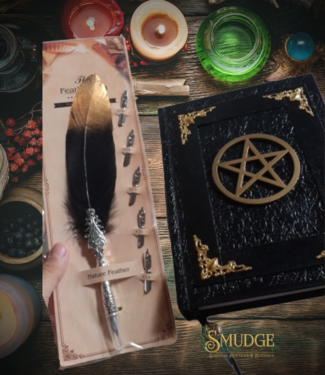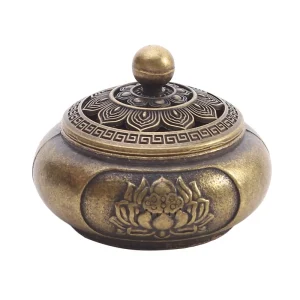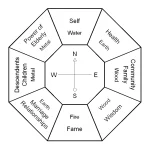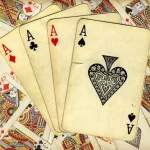Magia ceremonială este o mărturie a căutării omenirii de a dezvălui straturile ascunse ale existenței.
Ea invită practicanții să exploreze tărâmurile dincolo de fizic, oferind un cadru prin care se pot angaja cu divinul, cosmicul și misterele inefabile ale universului.
Magia ceremonială, cunoscută și sub denumirea de magia rituală, este o practică profundă și structurată care își propune să conecteze practicanții cu straturile mai profunde ale realității și ale divinului prin ritualuri, simboluri și corespondențe atent orchestrate.
Înrădăcinată în tradiții străvechi și dusă mai departe prin diferite școli mistice și oculte, magia ceremonială este o disciplină care permite indivizilor să acceseze forțele ascunse ale universului pentru transformare, iluminare și comuniune cu divinul.
Elementele cheie ale magiei ceremoniale
Spațiu sacru
Magia ceremonială implică adesea crearea unui spațiu sacru prin turnarea unui cerc sau stabilirea unei zone consacrate.
Acest spațiu acționează ca o barieră între lumesc și spiritual, permițând practicanților să lucreze într-un mediu protejat.
Simboluri și corespondențe
Simbolurile dețin o putere imensă în magia ceremonială – practicanții lucrează cu simboluri care rezonează cu energii și intenții specifice.
Aceste simboluri pot include simboluri, sigilii planetare, geometrie sacră și multe altele.
Invocare și evocare
Magia ceremonială implică invocarea sau evocarea de ființe spirituale, zeități, îngeri sau alte entități.
Prin ritualuri complicate, practicanții cheamă aceste ființe pentru îndrumare, asistență sau comuniune.
Principii ermetice
Magia ceremonială se bazează în mare parte din hermetism, o veche tradiție filozofică și ezoterică care pune accent pe principii precum „Așa cum sus, așa dedesubt” și interconectarea tuturor lucrurilor.
Aceste principii ghidează practicantul în înțelegerea corespondenței dintre macrocosmos și microcosmos.
Unelte magice
Magicienii de ceremonii folosesc adesea o varietate de instrumente magice, fiecare cu propriul scop și semnificație.
Acestea pot include baghete, athames (pumnale rituale), potire, pentacule și multe altele.
Influențe cabalistice și astrologice
Magia ceremonială încorporează frecvent concepte cabalistice și astrologice, cum ar fi Arborele Vieții și influențele planetare.
Aceste elemente oferă cadre pentru înțelegerea structurii universului și a energiilor în joc.
Vizualizare și meditație
Vizualizarea și meditația sunt componente integrante ale magiei ceremoniale.
Practicanții își folosesc mintea pentru a crea imagini mentale vii și pentru a intra în stări modificate de conștiință pentru a se conecta cu tărâmurile superioare.
Transformare și Iluminare
Magia ceremonială nu este doar despre manifestarea dorințelor, ci o cale de transformare personală și de evoluție spirituală.
Prin ritualurile structurate, practicanții își perfecționează facultățile interioare, dezvoltă o conștientizare sporită și cultivă o conexiune mai profundă cu divinul.
Răbdare și dedicare
Magia ceremonială necesită dăruire și răbdare.
Ritualurile complicate, simbolismul și corespondențele necesită studiu, practică și o dorință reală de a pătrunde în mistere.
Echilibrarea mundanului și misticului
În timp ce magia ceremonială se adâncește în mistic, ea subliniază, de asemenea, importanța integrării perspectivelor spirituale în viața de zi cu zi.
Învățăturile și experiențele dobândite în cadrul cercului ceremonial pot lumina calea către o mai mare conștientizare de sine și împuternicire în lumea exterioară.





